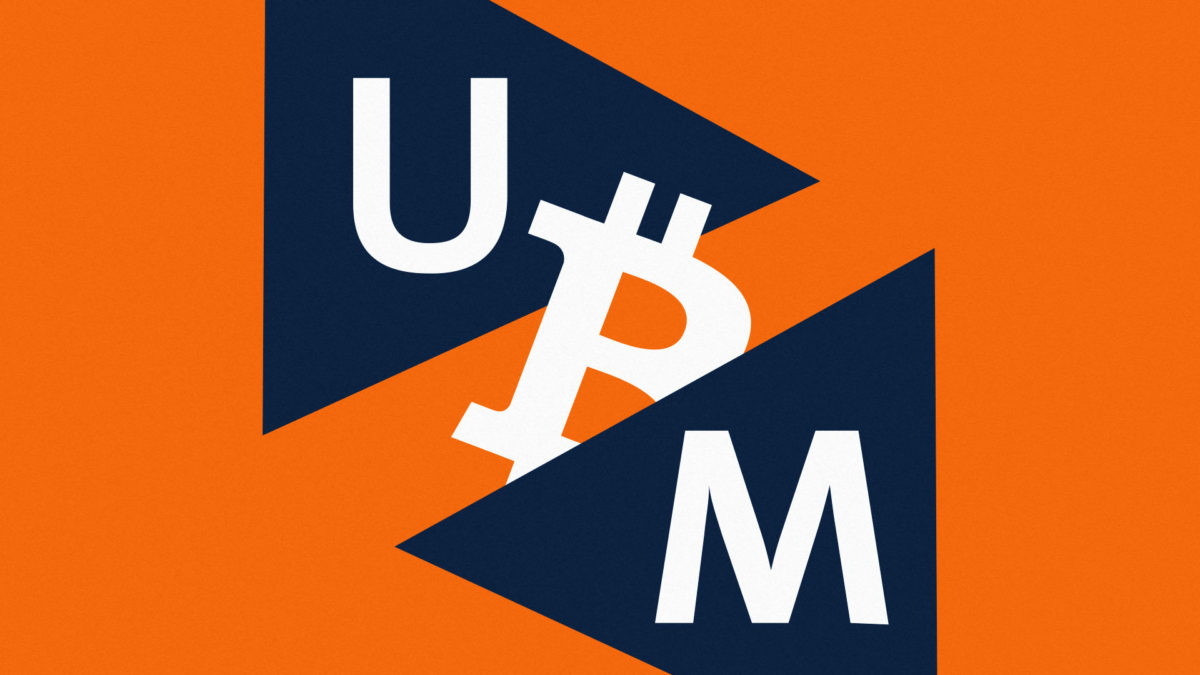Dutch university may recover double the value of crypto ransom but won’t profit

Dutch authorities have seized a crypto wallet worth €500,000 ($520,000) during an international operation to retrieve the $220,000 in bitcoin Maastrict University (MU) paid to ransomware attackers in 2019.
On 23 December 2019, hackers crippled MU’s computer systems. After much deliberation, it decided to shell out the 30 BTC they demanded (worth $220,000 then, $580,000 now) to protect its students’ research data and email access.
MU hired cyber security firm Fox-IT, which found Russian hacking group TA505 culpable for the attack and tracked a portion of the ransom to a money launderer in Ukraine.
Now, the university says a crypto wallet with around €40,000 in crypto which contained a portion of the ransom was seized in 2020. Mark van der Linde, a spokesperson for the university, told Protos the crypto wallet also held several altcoins which have appreciated over time, pushing the total value up to $520,000 today — more than double what it paid hackers.
However, the crypto is worth far less than the costs associated with the attack. “The hiring of Fox-IT to repair and reinstall all of the software… It’s a very complicated sum,” said Koen Augustijn, speaking on behalf of the university executive board. “It’s more than we got back from the ransom.”
The seized funds are now in the hands of the Public Prosecution Service. The Netherland’s Ministry of Justice has initiated legal proceedings to ensure that MU will eventually receive the money.
Once returned, the university plans to put it in a fund to help students in need. However, it’s still unclear to the university how much or in what currency restitutions will be made. “Exactly how students can make use of the money, how they can apply to it, we have to figure out. It’s a work in progress,” Augustijn said.
Dutch university students could use the crypto
Previously, Dutch students enjoyed a grant of up to €286 per month, or just over €100 if they remained living at home. Lawmakers voted against this system in 2015 and replaced it with a 0% interest rate loan scheme.
However, students graduating this year have been warned interest rates may go up to 1.5% — sparking outrage and protests among students.
Lisanne de Roos, chairwoman of student union ISO said: “After the empty promises about student debt not being included in mortgage requests and the measly compensation for students who had no grants, students will now have to pay hundreds of euros a year in interest. By the time students have paid off their debts, it will run into thousands,” (via Dutch News, our emphasis).
The government argues these rates would not affect low-income students — which it describes as a family earning less than €46,000 a year.
Dr. Nick Bos, vice president of MU’s executive board, said: “The cyber attack showed how vulnerable students can be in their study progress, but certainly also financially. The crises we have experienced since then have only further underlined this vulnerability. In light of this, the Executive Board considers the use of these funds to help students in need very appropriate,” (our emphasis).
However, when asked about the increase in student loan interest rates, Augustijn declined to comment on behalf of the university.
For more informed news, follow us on Twitter and Google News or listen to our investigative podcast Innovated: Blockchain City.
